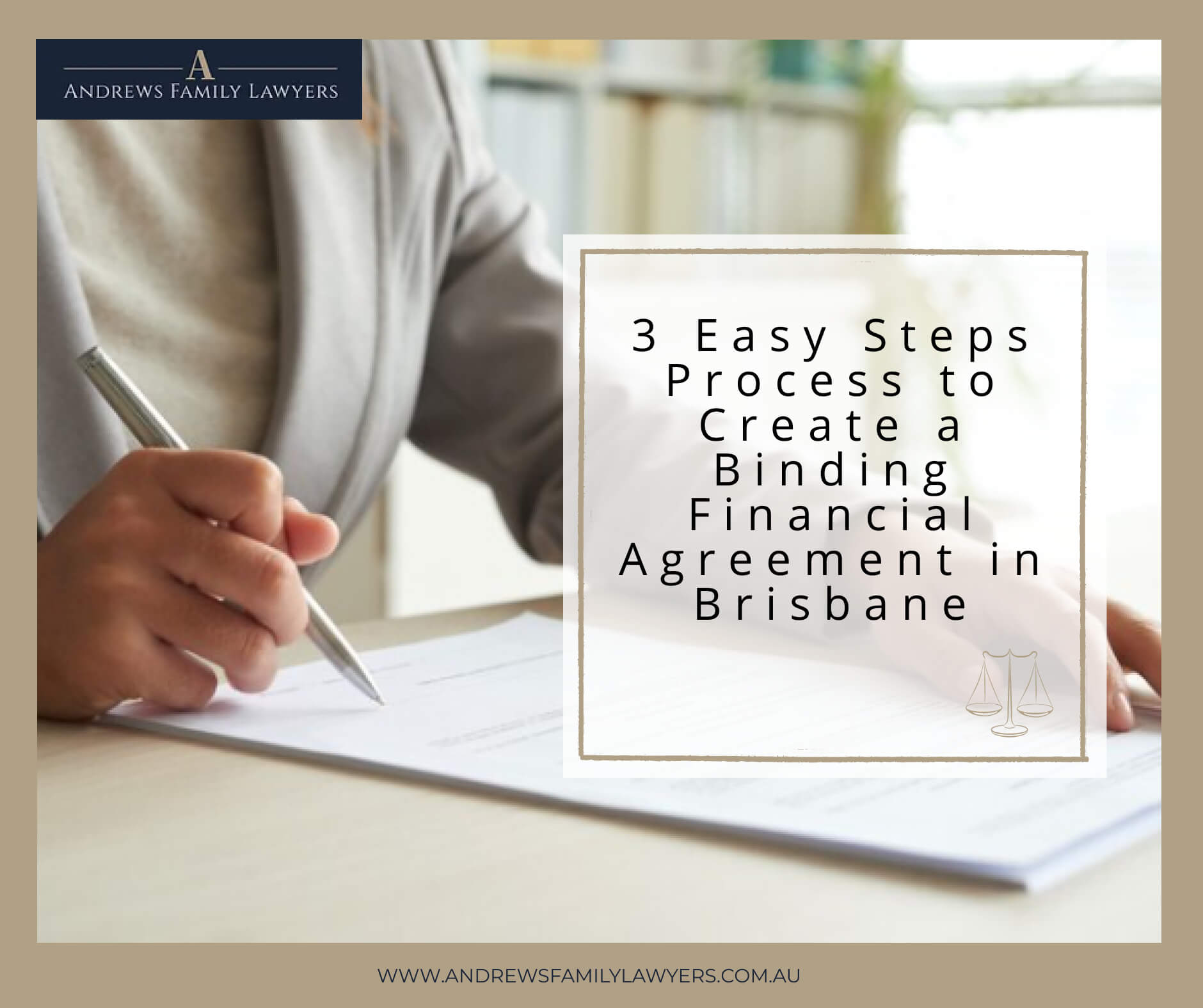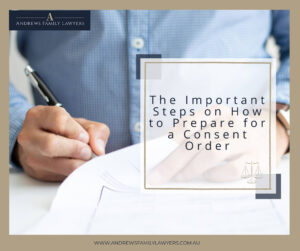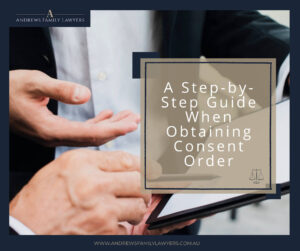A binding financial agreement (BFA) is a legally binding property settlement. It formally arranges the division of a couple’s financial resources and assets in case of a relationship breakdown. BFAs can be made before (pre-nuptial agreements), during, or after a marriage or de facto relationship.
Here’s an overview of the process.
How to Create a Binding Financial Agreement in Brisbane?
Step 1: Determine the scope of the agreement
The scope of binding financial agreements in Australia can be flexible. They allow parties to tailor the agreement to their specific needs and circumstances. Here are some key aspects that the scope of a BFA can cover.
Key Assets
Parties can choose to include specific key assets in the BFA. This might include real estate, vehicles, businesses, or valuable personal property. The agreement can specify how these assets will be treated during the relationship and how they will be divided if the relationship ends.
Entire Asset Pool
Alternatively, the BFA can cover the entire marital asset pool. This comprehensive approach includes all current assets and liabilities. It provides a clear framework for the financial relationship between the parties and how all their financial resources will be treated.
Superannuation
Superannuation is a significant asset for many Australians. A BFA can include provisions on how superannuation benefits will be split or retained by the parties in case of a relationship breakdown.
Spousal Maintenance
The agreement can include terms regarding spousal maintenance, which specify whether one party will provide financial support to the other after the relationship ends.

Step 2: Formalise the agreement
Formalising a binding financial agreement is a multi-step process. Here’s a breakdown.
Obtain Independent Legal Advice
Before entering into a BFA, both parties must have received independent legal advice from a Brisbane family lawyer. This ensures both parties fully understand their rights and the agreement’s implications. The advice must cover the advantages and disadvantages of entering into the BFA and how it impacts each party’s rights.
Financial Disclosure
Both parties are required to provide full and frank financial disclosure. This means each party must provide a comprehensive overview of their financial situation, including all assets, liabilities, income, and superannuation. This step ensures the agreement reflects each party’s financial circumstances.
Negotiate the Agreement
The parties will negotiate the BFA terms with the assistance of their Brisbane Binding Financial Agreement lawyer. This negotiation determines asset and liability division and addresses maintenance issues. The negotiation should result in a fair agreement that meets both parties’ needs.

Draft the Agreement
Once the terms are agreed upon, a legal professional will draft the BFA. The agreement should be clear and comprehensive and reflect all the terms negotiated between the parties. It must also comply with the legal requirements of the Family Law Act 1975.
Sign the Agreement
After the BFA is drafted, both parties must sign it. The signatures must be witnessed, typically by the legal professionals who oversee the drafting process. This step formalises the agreement.
Receive Legal Advice Certificate
Each party’s lawyer must provide a certificate confirming that independent legal advice was given regarding the BFA. This certificate is attached to the BFA and is a critical component that helps establish the agreement’s validity.

At Andrews Family Lawyers, our experienced team can help you create a Binding Financial Agreement tailored to your unique needs. Contact us today!
Step 3: Maintaining the agreement
After you have drafted the agreement, it’s vital to maintain a copy and be open to review in the future.
Make Copies for Both Parties
After the BFA is signed, each party should receive a complete copy of the agreement. This ensures that both parties have access to the terms and conditions they’ve agreed upon.
Safe Storage
Each party should store their copy of the BFA in a safe and secure place. This could be a safe deposit box, a secure filing system at home, or any other location where vital documents are protected from loss, damage, or unauthorised access.
Keep a Copy with Your Lawyer
It is often advisable for your lawyer to keep a copy of the BFA on file. Lawyers typically have secure systems for storing confidential documents. Having your lawyer hold a copy provides additional security and easy access to professional advice.
Reviewing the Agreement
Circumstances change, and a BFA that was fair and appropriate at the time of signing may not be suitable after significant life changes. Parties should be open to reviewing the agreement in the future. Significant life events can affect your financial circumstances. This may include the birth of children, employment changes, or a new relationship status.

Conclusion
Binding Financial Agreements in Australia are a structured approach to managing financial matters. They provide clarity and security for their assets and liabilities. After determining the scope of the agreement, couples can draft the agreement with their lawyers. Finally, each party should maintain a copy of the agreement for reference. Also, be willing to revisit the agreement if circumstances change.
Contact us today if you need assistance with preparing a financial agreement.
Related Articles
- How to Achieve a Fair Division of Assets in Family Law
- Financial & Property Matter Resolution: Mediation, Negotiation, or Litigation?
- Binding Financial Agreements & Property Settlement: How to Achieve Clarity and Fairness
- Consent Orders vs. Binding Financial Agreements: Deciding the Best Approach for You
- What Is a Binding Financial Agreement? Know How It Can Protect Your Assets




